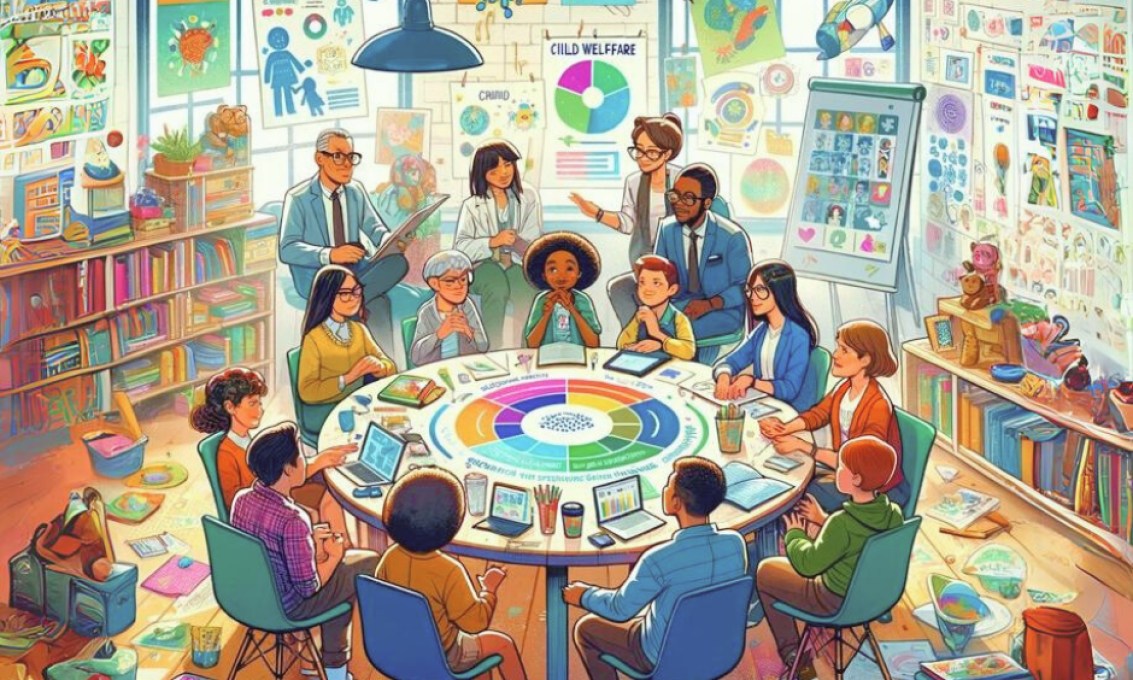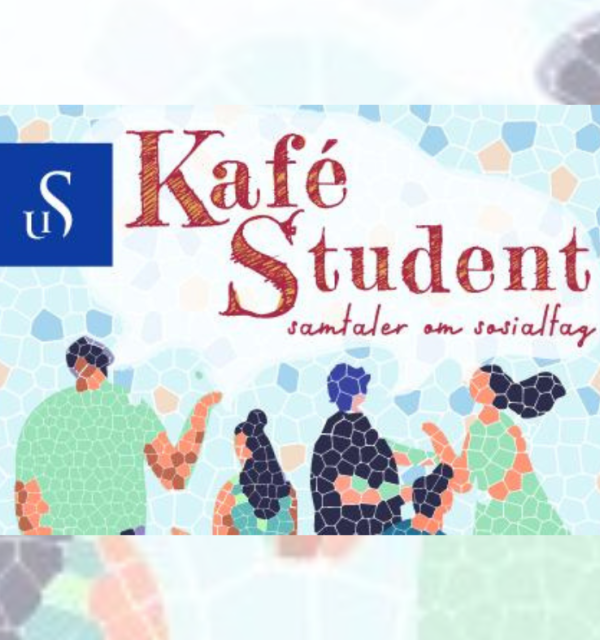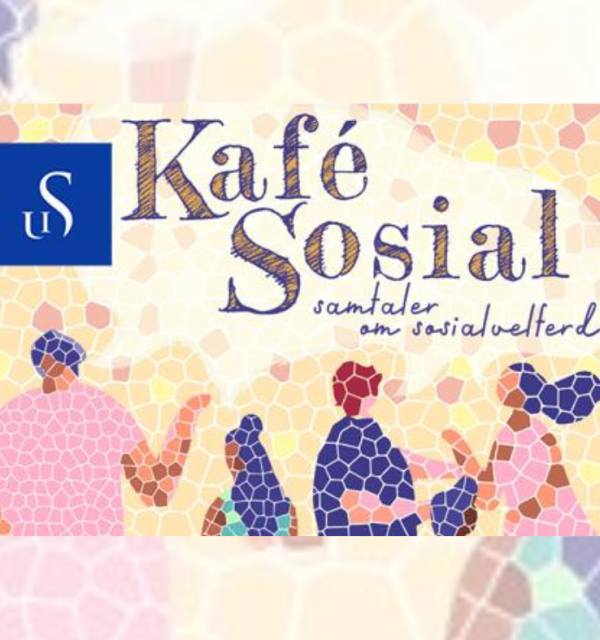Here you will find resources related to innovation in the social work and child welfare field.
Innovation in social work and child welfare means finding new and better ways to help people. This can be anything from creating new programmes and services to using new technology to make the job easier. Today, society is changing rapidly and we need to find new solutions to help those who need it most. Here you will eventually find resources related to this.
Innovation in social work and child protection
Innovation helps us provide better help to people and makes our work more efficient. It can also mean that we give people more control over their own situation. By being open to new ideas and constantly learning more, we can make a positive difference in society and for those we work with.
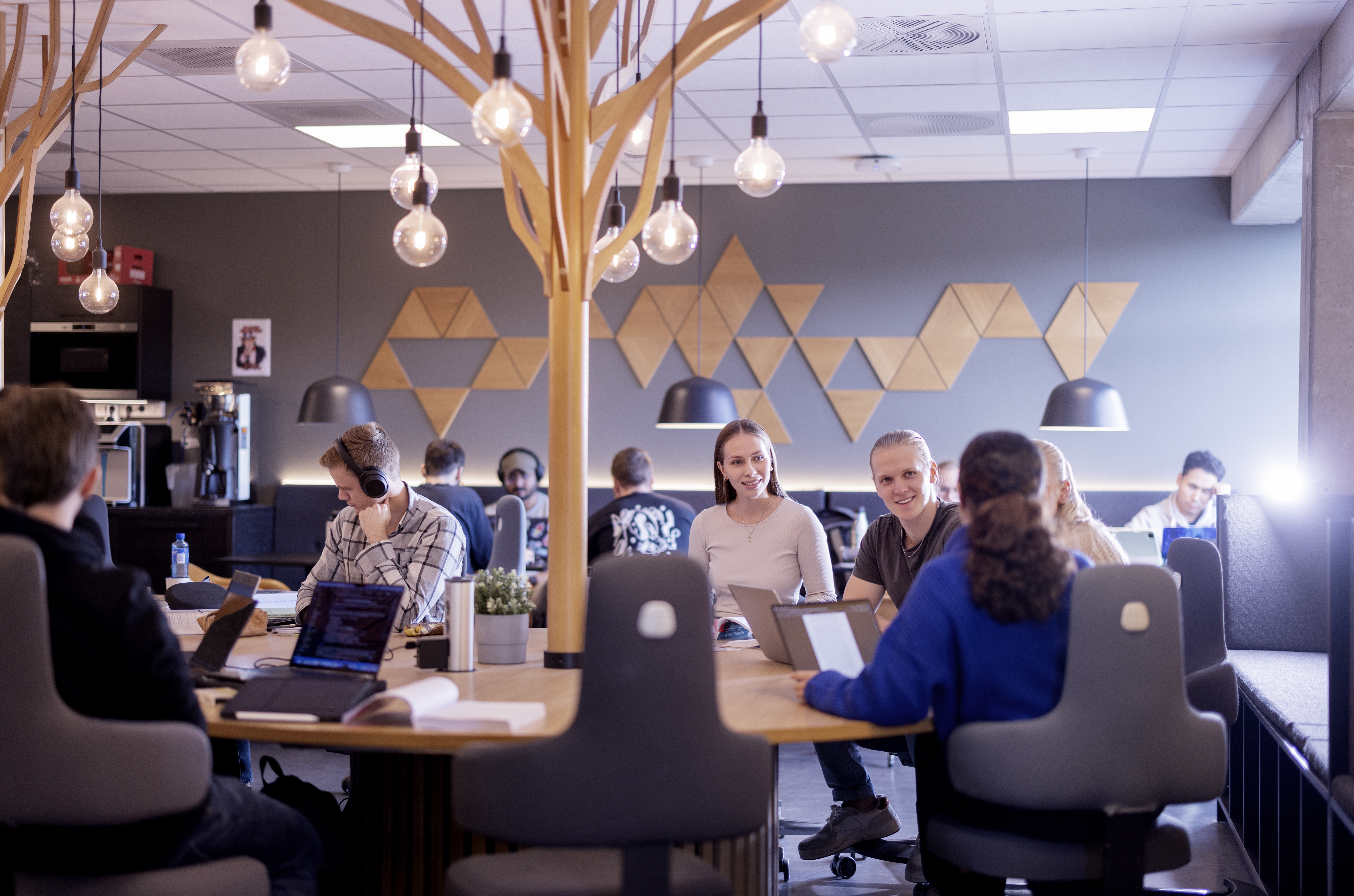
Innovation in social work and child welfare means finding new and better ways to help people. It can include creating new programmes and services.
It can also mean using new technology to make the job easier and more efficient. In an ever-changing society, we constantly need new solutions to help those who need it most.
Innovation helps us provide better help to people and gives them more control over their own situation. By being open to new ideas and constantly learning more, we can make a positive difference in society and for those we work with.
Research articles on innovation in child welfare services
Here you will find research articles relevant to the topic of innovation in child welfare services.
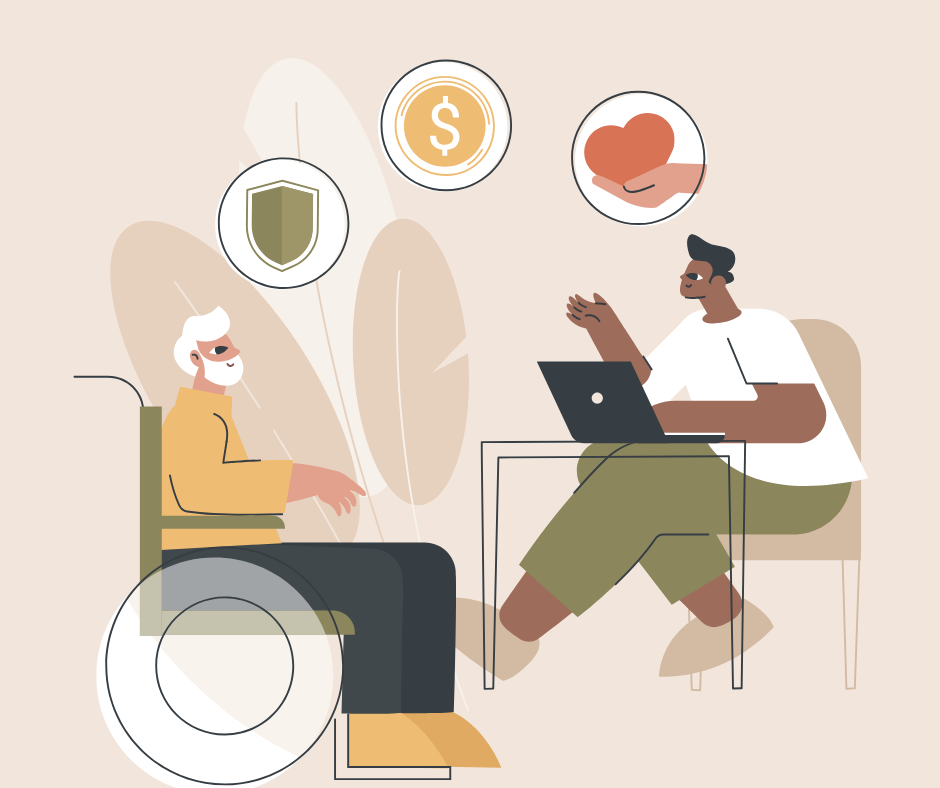
- Willumsen, E.og Ødegård (2023). Tverrprofesjonelt samarbeid : et samfunnsoppdrag. Oslo: Universitetsforlaget.
- Willumsen, E.og Ødegård (2015) Sosial innovasjon - fra politikk til tjenesteutvikling. Bergen: Fagbokforlaget.
- Hean, Sarah, Elisabeth Willumsen, Atle Ødegård, og Stål Bjørkly. (2015) Using Social Innovation as a Theoretical Framework to Guide Future Thinking on Facilitating Collaboration Between Mental Health and Criminal Justice Services. International journal of forensic mental health 14, 4 , pp 280–289.
Examples of innovation in child welfare
Here you will find various examples of innovation in child welfare.
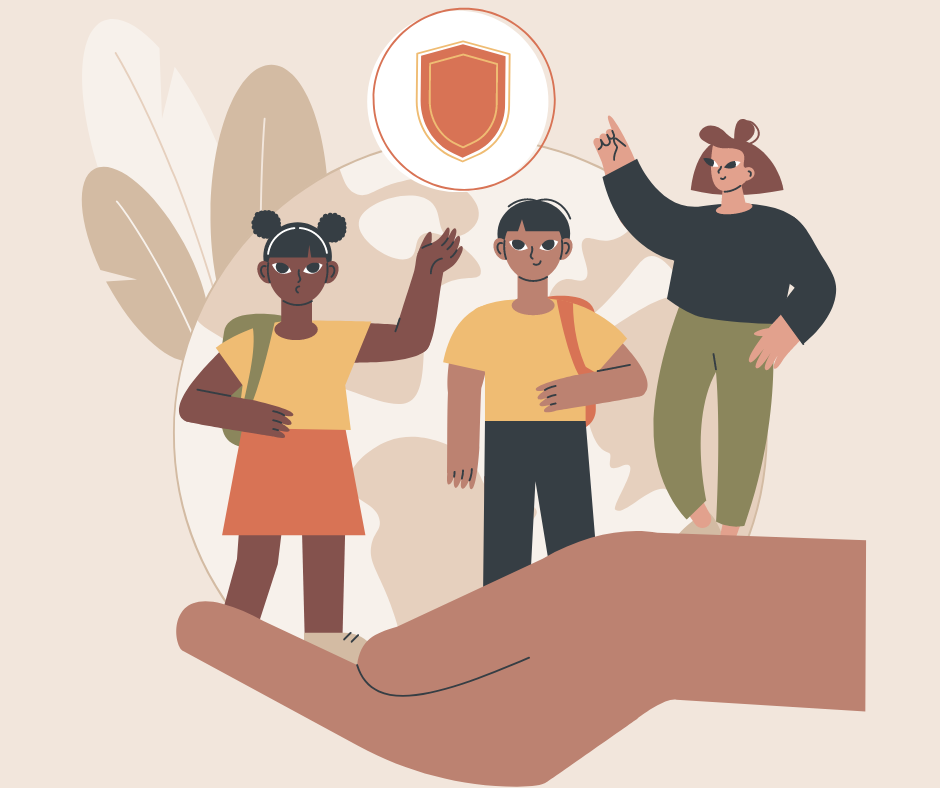
Podcast:
Students and new staff working in Child Protection services need to hit the road running. How can we prepare them to work better with parents in an innovative way, a way that helps parents understand their children´s needs? How can we prepare them to use innovative interventions that help them achieve this?
In this episode, we hear from Wenche Hovland, Associate Professor at the Institute of Social Work, University of Stavanger, talking to Marit Klemp Stephansen and Marthe Bjornnes from Sandnes Barneverntjeneste about the “på Gulvet” an innovative tool developed by Sandnes Child Protection Services here in Rogaland, Norway, to help parents better understand the needs of their children.
A sustained conflict or lack of cooperation between parents after a family break-up is detrimental to the children involved. Several welfare services may become involved but if the problem persists, and other bodies have not been able to help, child protection services may be approached for help.
FEB – (Parents after divorce) is a guidance programme developed by Hege Jangsett and Hanne Aurbakken from Sandnes child protection services in Norway. This programmeencourages children to share their experiences of the conflict, offers parents training in managing their co-parenting and facilitates peer group reflection for parents participating in the programme. The intervention helps children and parents break free from the deadlocks they have fallen into after the family breakup. FEB is currently being formally evaluated by the University of Stavanger.
The Norwegian Family Advice Services give children, young people and families the opportunity to take ownership and resolve their own challenges as makes most sense to them. The service provides a framework for promoting participation, empowerment and connection within the family during vulnerable times. In this podcast, Wenche Hovland from the University of Stavanger talks to Randi Mortveit from the Norwegian Family Advice Services about the values and methods they use. Together they explore the opportunities and challenges we face in this important work.
Family Welfare Services in Norway aim to provide high quality support to parents whose children have been taken into care, and then homed with foster parents or in children's homes. Heidi Susort and Kristi Jorunn Solheim are two of a team of four people here in Stavanger who work in this challenging environment. In this episode, they talk with Wenche Hovland from the Department of Social Work at UiS about how family welfare service support parents during this time.
Having one's children removed from your care is emotionally traumatic for most parents. Many find it difficult to seek the help they need to handle this, especially from the child welfare services who removed their children in the first place. Many feel paralysed by their lack knowledge of where to seek help.
Family Welfare services provides this help. They do so on the parents’ own terms. This means the parents engage with the service on a voluntary basis, and they choose the themes they would like to discuss. Establishing or strengthening cooperation with child welfare services is often one of these themes. Family welfare services may help them build this cooperation but this is always at the parents’ request and with their consent.
Further, parents can talk to Family Welfare offices about processing the difficult feelings they are experiencing and strengthening their resilience and ability to cope with their situation. Training, in parenting skills for instance, and peer support through opportunities to meet other parents in the same situation, may also be provided
Students on Masters programmes, including those in Sosialfag here at UIS, learn about innovation and how this might apply in their working lives. There are many frameworks that can structure our thinking about innovation including that provided by the European Commission Guide to Social Innovation (EC 2013). In this podcast, Professor Sarah Hean applies this EC framework to describe a new way of working in her teaching work.
